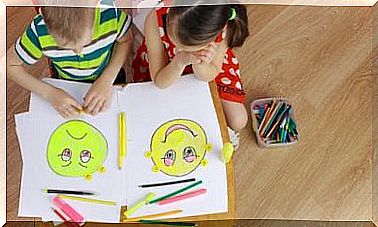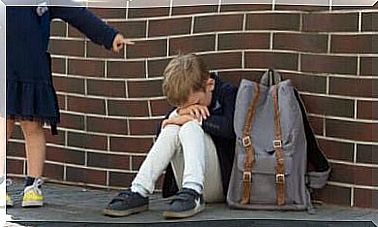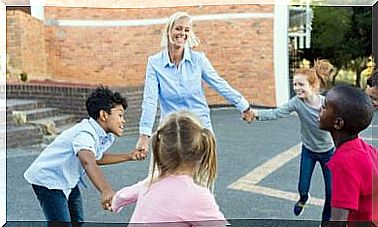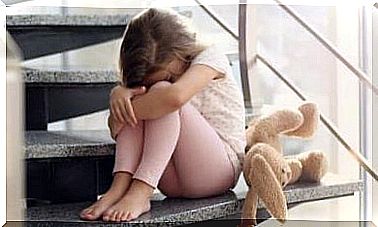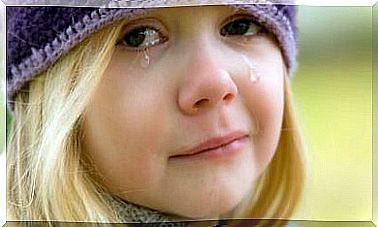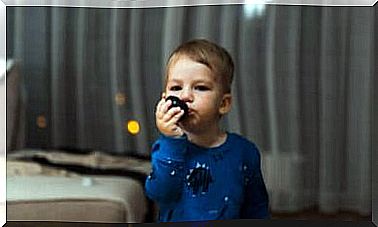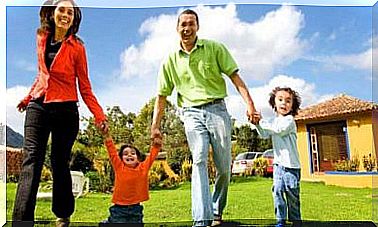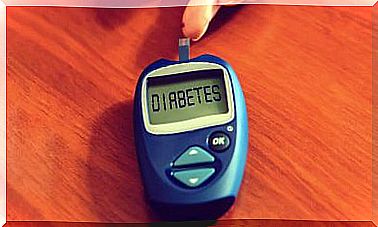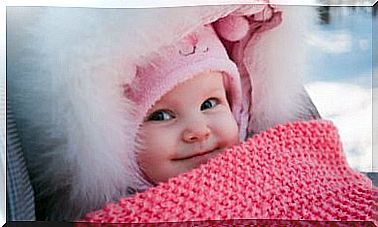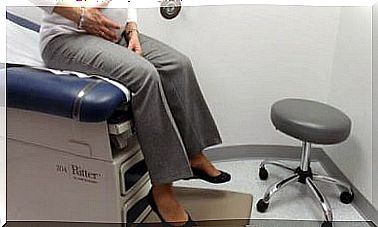One Year Of Adventure, 12 Months Of Learning
When your baby is born the world opens before your eyes. Your baby’s first birthday translates into a year of adventure, 12 months of learning. You will see that each month has its events, challenges and progress, which are shown in detail, how to learn to smile, to raise your little arms to be caught, to say Mom…
Your first year of life is crucial; in fact, newborns have been shown to learn impressively during their first 12 months of life.
During these months, your baby will learn, among many other things, two fundamental aspects: to relate to the world around him and to control his body. This learning, even though it is progressive, begins from the very moment he comes into contact with the outside world; over time you will see that your child will learn on a day-to-day basis.
In these first 30 days, the newborn adapts to the world around him instinctively, and his body responds to essential reflexes. So, for example, during the first few days after birth you may notice that he moves his eyes towards the light and stretches his arms and little legs when he hears a loud noise.
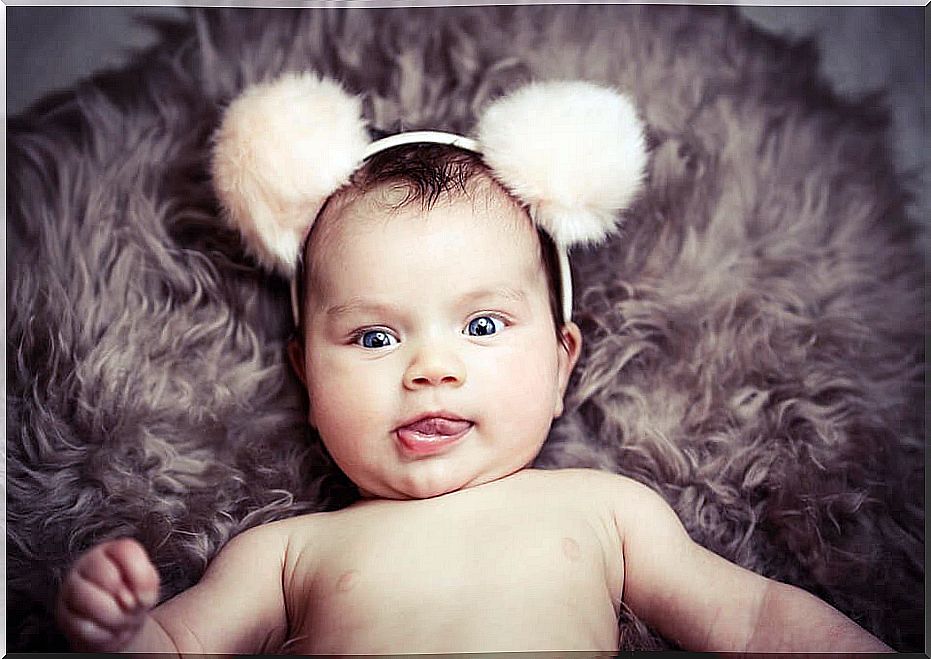
Another of his newborn reflexes is his great sucking ability, which helps him get Mom’s breast to feed. At this age, when you are only a month old, crying is the only way you can communicate, and you usually cry when you are hungry, cold, hot, or lonely. When this happens, take him in your arms to soothe his needs.
Do this without any fear of being pampered, as at this stage the baby does not cry for crying, but rather to communicate some need; the point in this case is for mom or dad to guess what happens to him.
learn step by step
In the second month, your baby will begin to smile at external stimuli, especially when he sees his mother’s face. At two months, he starts putting his thumb in his mouth and getting into the habit of sucking it, in addition, he makes his first guttural sounds and knows how to get the attention of mom and dad.
Especially at this stage it is very important that you encourage him: hug, caress and talk a lot with him; with that you will be able to stimulate your senses in a positive way.
Approximately from the third month, your baby will move his head more and more and show more interest in objects that are around you.
For example, shiny things in motion get your attention a lot; thus, it is quite possible that you will see him more and more using his toys, and as if that were not enough, it is very possible that he will start babbling.
At this age, it is normal for you to close your fist when you touch your palm, and this simple reflex is for your pediatrician to assess your child’s level of psychomotor development in the first few months of life.
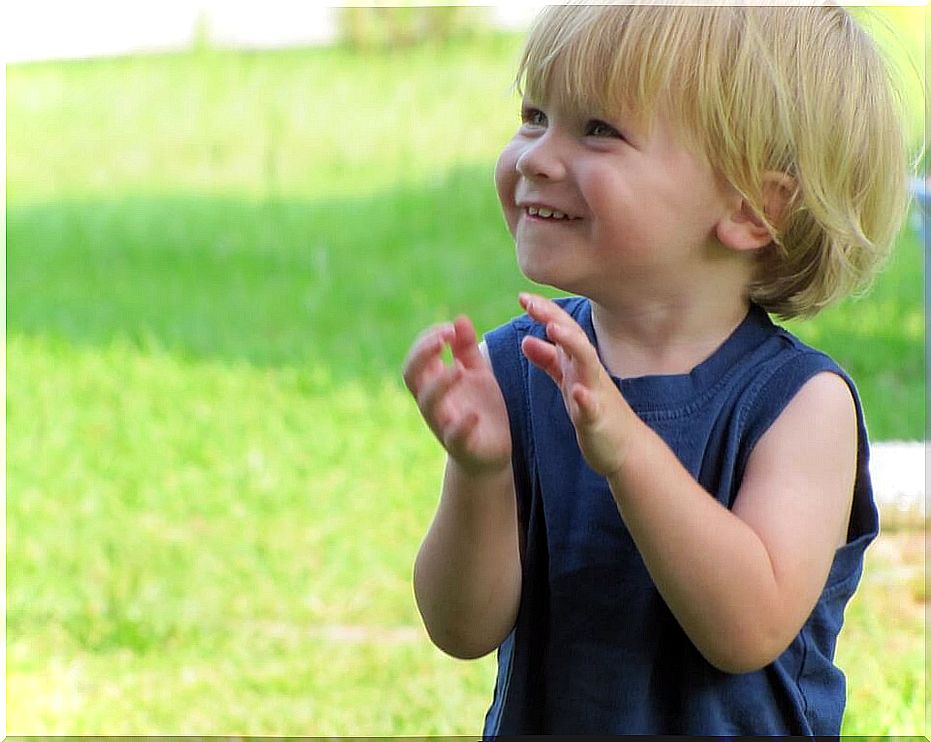
From the fourth month onwards, new adventures
By four months, your baby will support his head, look at his hands, and begin to hold and move objects with some dexterity. He laughs a lot, shows interest in everyone around him, and doesn’t like to be left alone. However, all these data that give you clues to the signs of learning that the baby demonstrates are not exact, as each child evolves at his own pace, and the pediatrician is the specialist in charge of evaluating his progress.
In this first year of adventures, your baby will start to babble a lot, play with the sounds he makes, and have fun because he is delighted to listen to himself. He will put the objects he finds in his mouth, laugh at anyone who smiles at him, and shake himself with joy when he sees the bottle. The same one that, at the age of six months, he will start taking it alone, with his own hands.
Also at six months, he is able to sit up on his own, roll over in his crib, and little by little he begins to lose interest in his hands, and he will pay more attention to his feet to bring them to his mouth. He also shows a preference for staying with the people who take care of him, especially his mother who, from the age of six months, will start taking care of the baby’s teeth that will start to appear.
Already in its seven months it keeps sitting by itself. It is from there that dad and mom see how the baby learns faster and faster, and they realize that even if their child babbles words that often make no sense, he understands perfectly what they say, and wants to listen them. That’s why it’s important that you talk to him, and answer him when he does.
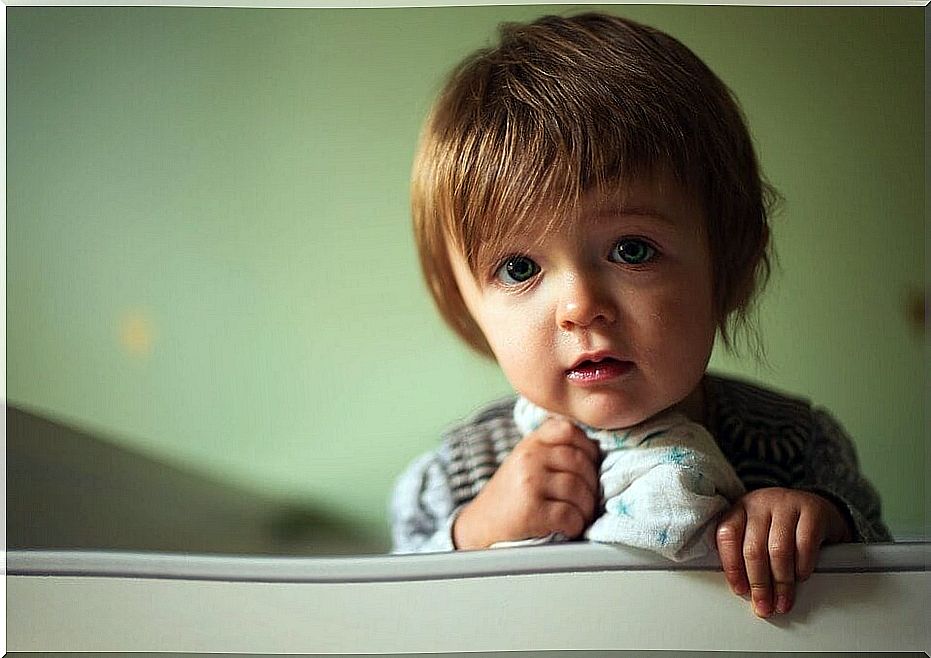
At nine months of age babies usually start to crawl. If your child hasn’t started yet, you can help him make up his mind by placing him on a blanket and placing him at a distance from an object he likes and wants to hold on to; this will motivate you to achieve your goal.
When another month goes by and you’re close to your first year of adventure, you’ll be standing alone or clinging to the wall, and you’re already talking bad-bad, pop-pap and other words to ask for what you want. He knows how to greet with his little hands, has fun making noise when throwing objects and tearing paper.
At this stage it is convenient that you have a lot of patience and allow him to experiment a little with playing and making noises; all these experiences serve as learning for your healthy development.
At 11 months, your child’s body language is so significant that it becomes easier to understand. In addition, he has already started talking a little and says things like “da”, “more”, “no”. When you hear a negative, pay attention to the explanation. At this age, he begins to walk alone, leaning on furniture or clinging to the hands of an adult. You will learn to walk little by little; parents must be patient and try not to rush the child, respecting their time.
And so, little by little with love, he will blow out his first candle and, when he is one year old, he will leave mother’s arms and begin an even greater adventure, that of discovering the world by crawling and taking his little steps.
